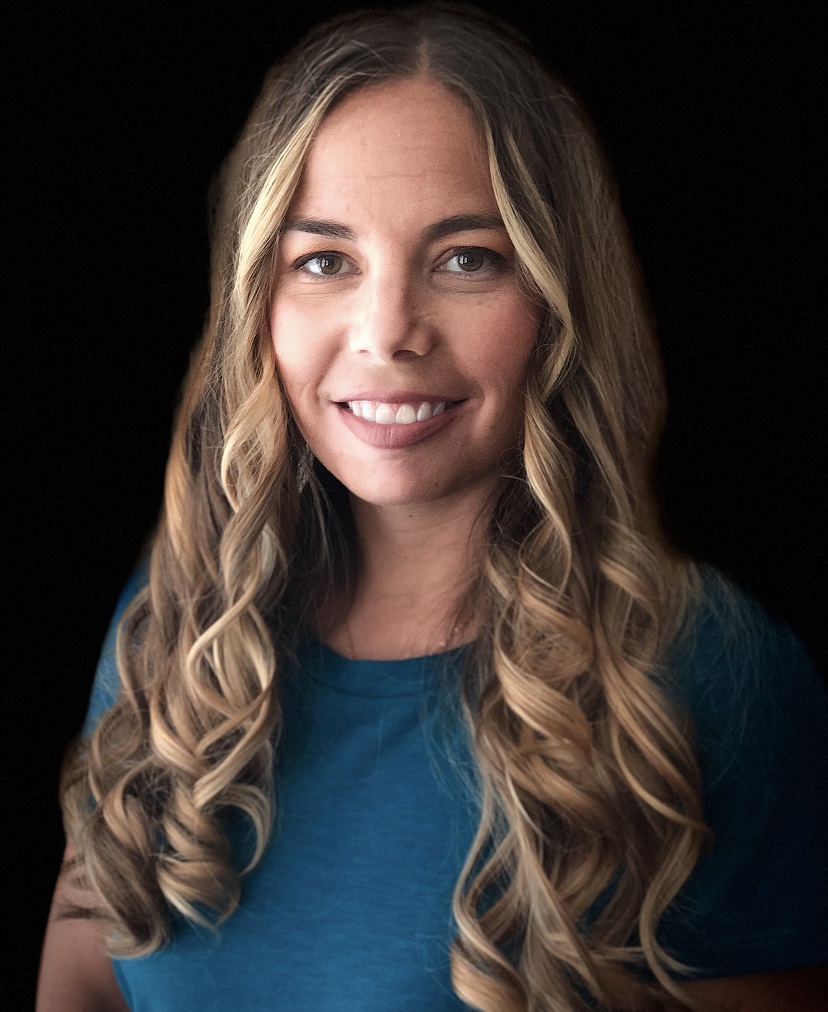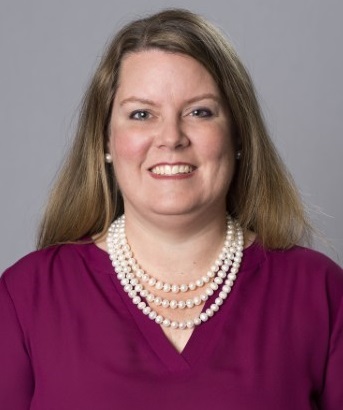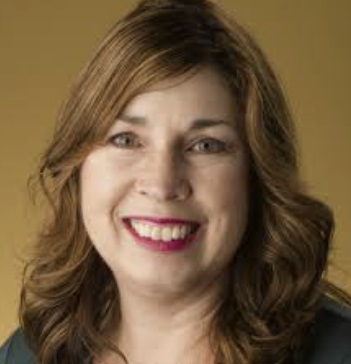 ROB MARMION/SHUTTERSTOCK
ROB MARMION/SHUTTERSTOCK
After-school programs provide a wide range of benefits for students, families and communities. According to Youth.gov, these programs can boost academic performance, promote physical health and provide a safe, structured environment for the children of working parents.
Ed.gov reports that a national evaluation of 21st Century Community Learning after-school programs found that over 40% of students improved their reading and math grades and those who attended more regularly were more likely to make gains. Community partnerships are at the cornerstone of successful after-school programs.
A large, suburban university right outside metro Atlanta partnered with a local after-school program to enable elementary and early childhood education majors a chance to tutor students in grades K-2 during a university reading course field placement. About 40 K-2 students from diverse backgrounds participated in the tutoring.
The tutoring was held on-site at the after-school program for one hour each week, totaling 15 hours over the semester. The program is designed to meet children at their point of need and teach specific skills that have been missed, forgotten or misunderstood. Every child is the recipient of a learning plan designed specifically for him or her. Teaching is embedded in games, activities and practical applications for reading.

Stacy Delacruz
The first benefit from this partnership is that the lessons were differentiated for the elementary students, which allowed them to succeed. Examples of ways the content was differentiated included utilizing e-books, using varied levels of texts and attending to multiple intelligences. The process and products of the tutoring sessions were differentiated according to students’ cultural, community and personal assets through flexible grouping, independent study and tiered products. It was not a “one size fits all” learning approach. Rather, reading tutors used assessments within their lessons to tailor lesson plans for the students.
Academic growth was noted as a second benefit that the parents and directors found as a result of the partnership. The tutors were able to informally assess the students and work on reading and writing skills that were similar to what their regular classroom teacher worked on. Parents noticed that scores in those skills were improved over the course of the semester. Reading tutors wrote three goals for their students related to the following reading components: phonemic awareness, phonics, comprehension, fluency, vocabulary and writing.
Academic progress + confidence
This program spread out over time; reading tutors began to tutor K-5 students at all five after-school program sites across the region. An overview of reading data from this more widespread after-school partnership indicated that individual attention and tutoring made a difference in the lives of elementary students. Elementary students built support teams and the tutoring boosted their confidence. Phonics and decoding assessments revealed that students across all five after-school programs made gains in those areas from the beginning to the end of the semester.

Angie Smith
For example, Ben, a third grader, never wanted to come to tutoring in the beginning of the year. He was far below reading level and very apprehensive about reading aloud. He would often guess at words. Tutors began the year working on decoding one-syllable words. He progressed quickly to being able to decode multisyllable words.
As he gained confidence in decoding these longer words, he also gained confidence in reading aloud. By the end of the year he was begging to read aloud to his tutors and classmates. During the last few weeks of school he was even able to read a series of five short chapter books, which was a great accomplishment for him. His mom reported a dramatic change in his behavior with Ben enthusiastically reading more at home.

Shannon Tovey
We highly recommend that after-school programs reach out to local university education programs to see what partnership opportunities may be created, or vice versa. Reading tutors could complete field hours at the after-school program, volunteer or complete service learning hours. The experience reading tutors gain from these experiences provides them with real-world opportunities to assess, plan, differentiate and instruct students. Elementary-aged students get the experience of working on targeted skills for intervention or enrichment.
After-school tutoring programs provide children opportunities to learn one-to-one or in small groups, thus enabling them to build confidence and provide tools for success. Often the parents of after-school children are working one or more jobs and may not have time to assist in targeted reading intervention. After-school programs provide a venue for this type of learning to take place and boost children’s confidence in reading.
Stacy Delacruz is an associate professor of Elementary and Early Childhood Education Literacy and interim director of Education Student Services at Kennesaw State University. Her research interests include K-5 digital literacy and school-university partnerships.
Angie Smith is an associate director at Mission 1:27, which includes oversight of the Adventure Centers at Walton Communities, which offer complimentary after-school enrichment programs for resident children in grades K-5.
Shannon Tovey, Ph.D., is an associate professor of literacy at Kennesaw State University.





























